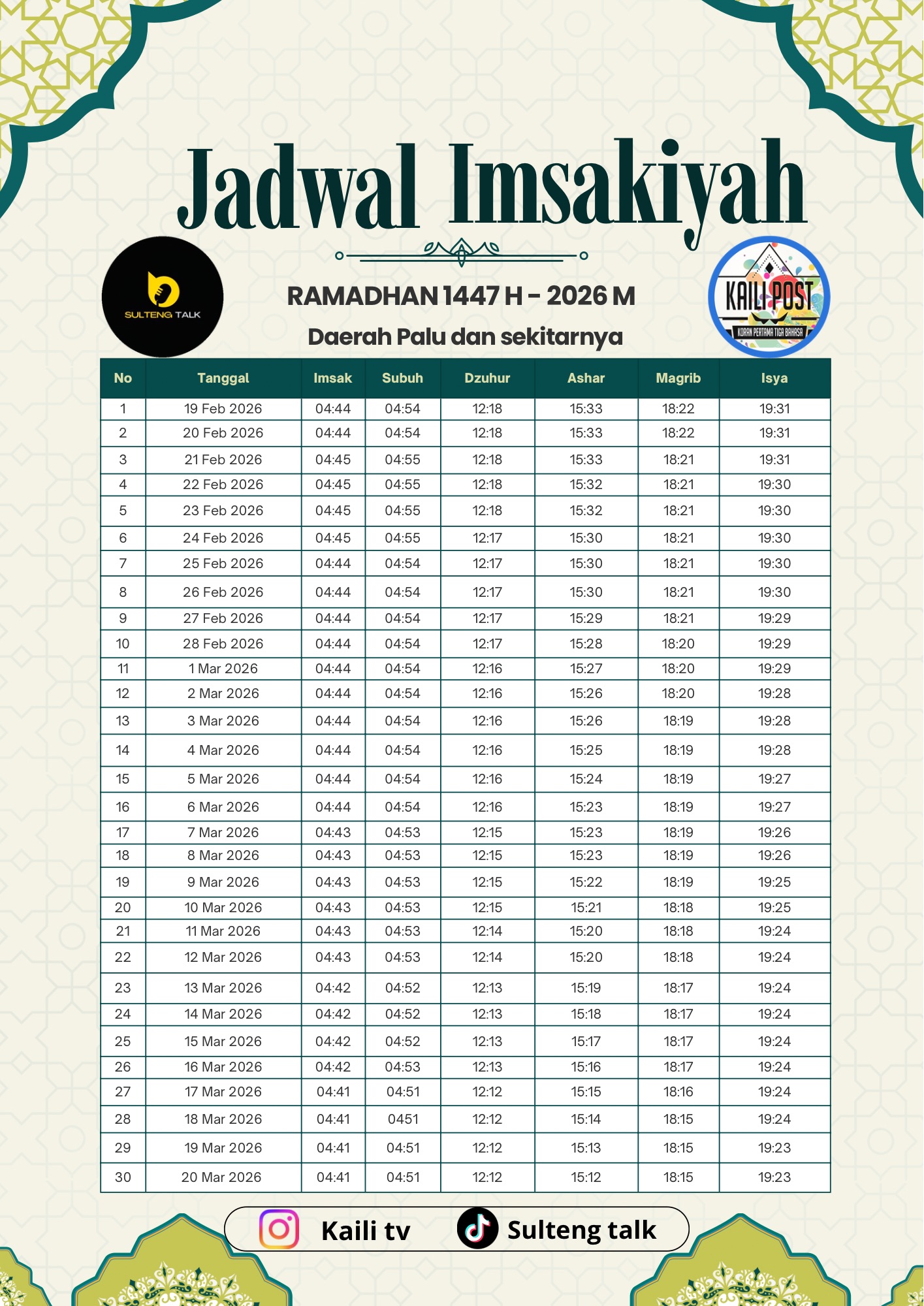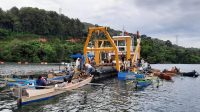PARMOUT,- CENTRAL Sulawesi Provincial Government in 2017 turned out to have as many as 39 Post Service of Appropriate Technology Institutes (Posyantek). Divided in three districts and cities, namely in Donggala, Palu and Sigi. This was conveyed by the Governor of Central Sulawesi, Longki Djanggola in front of the Minister of Village Development for Disadvantaged and Transmigration, Eko Putro Sandjojo at the opening of Appropriate Technology (TTG) XIX held at the ex-tail site of Parigi Moutong District (Parmout).
Longki mentioned, 39 Posyantek are divided into 16 institutions in Donggala District, 15 in Sigi Regency and 8 in Palu City. Thus, the establishment of Posyantek institutions can provide convenience to the community related to information and promotion of various types of appropriate technology.
Thus he said, people can also use appropriate technology in accordance with their needs. In addition, the TTG activity XIX is also expected to be a trigger in improving the quality of technology throughout the regions in Indonesia. “With the implementation of TTG XIX, it can have a positive impact on the economic improvement of the people of Central Sulawesi, especially those in rural areas, so that people can progress, be independent and compete economically,” he said.
He added that the utilization of appropriate technology in the Central Sulawesi Province still be less acknowledged, both in social and economic activities.
Thus, much of the production from the community is not able to compete in the market because the quality and packaging is still far from expectations. The reason, in the production process is still done manually and very simple. Not only that, many of the findings of appropriate technology cannot be developed because the user is still limited.
There are also findings of appropriate technology he said, which is not utilized and just an experiment because only engineering or innovation itself. “The application of appropriate technology in Central Sulawesi has not significantly affected the economic improvement of the community, especially in rural areas, the lack of information and promotion or socializing the findings of appropriate technologies to the community,” he said. **
Reporter/Bureau Of Parmout: Roy Lasakka










